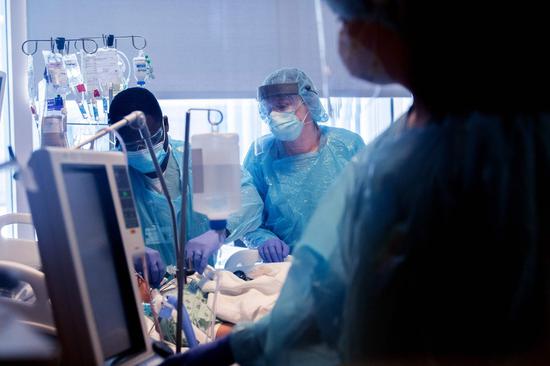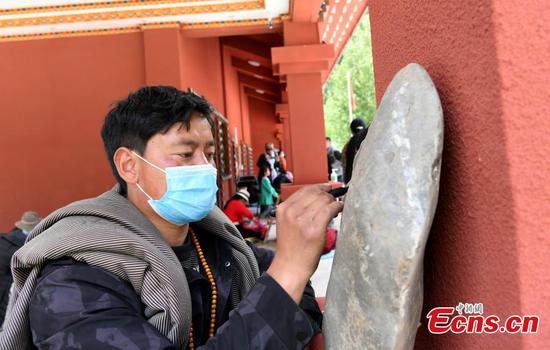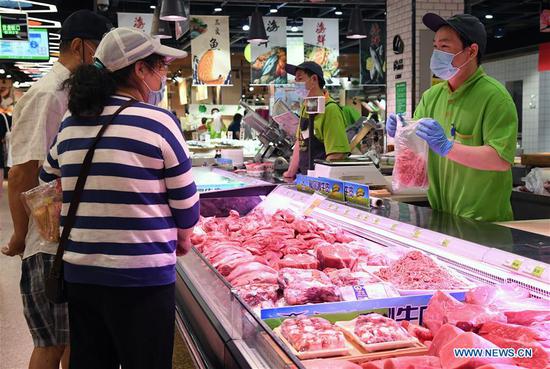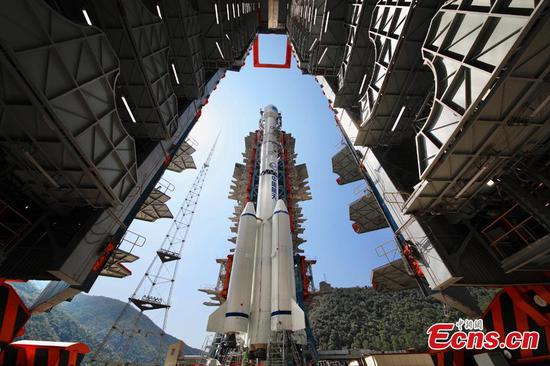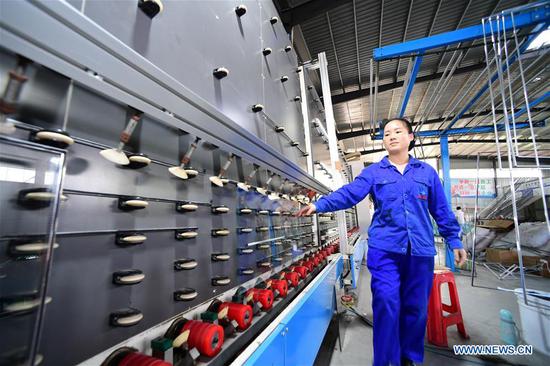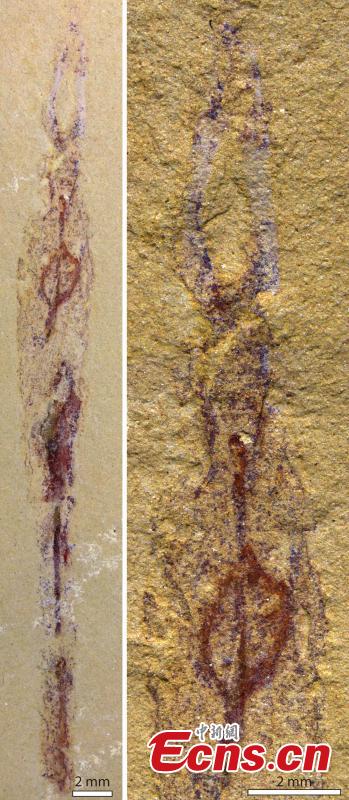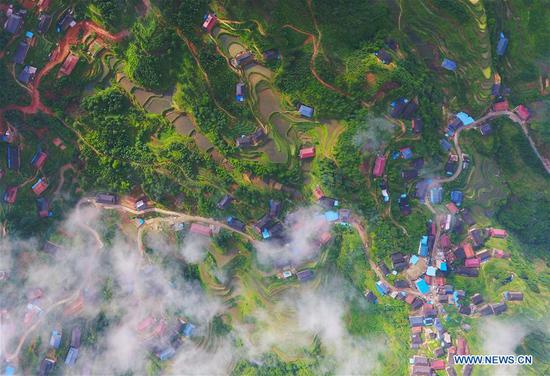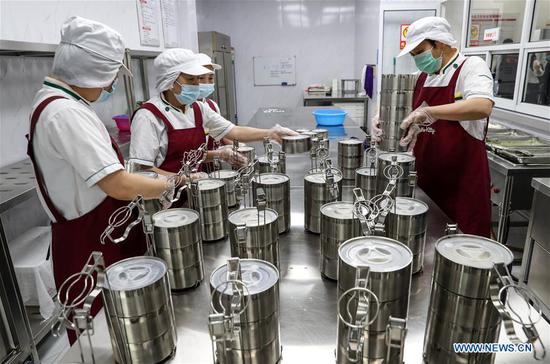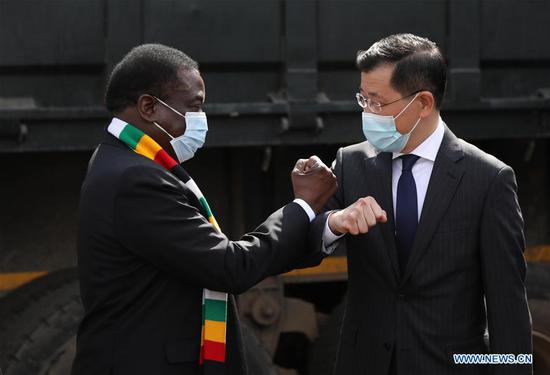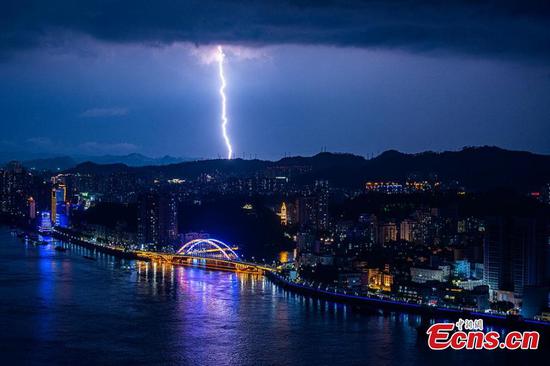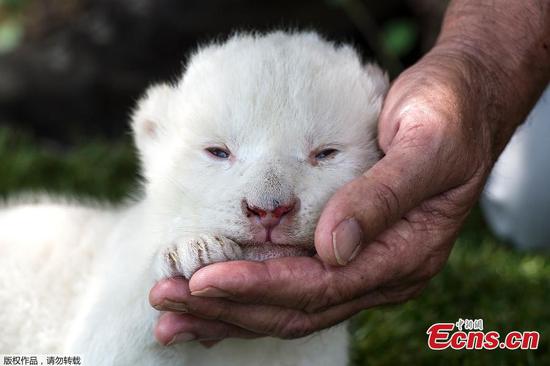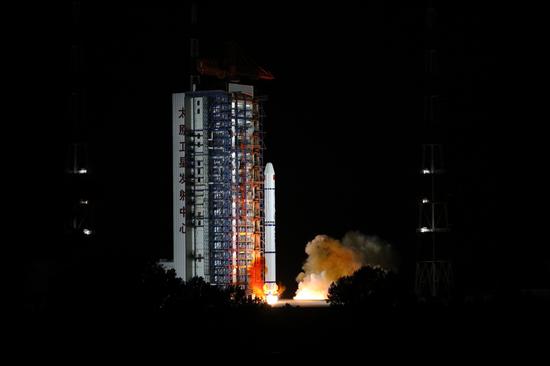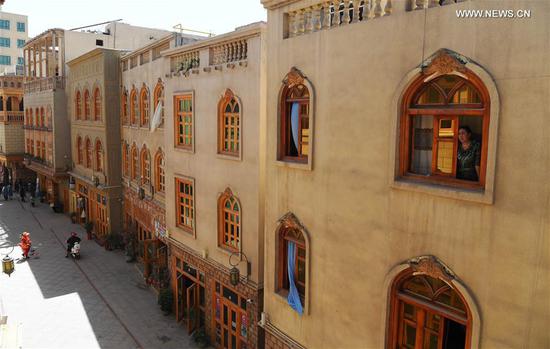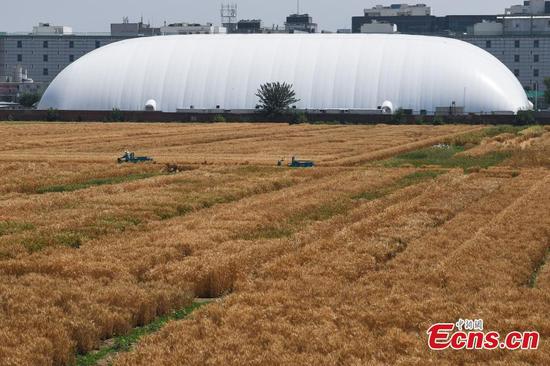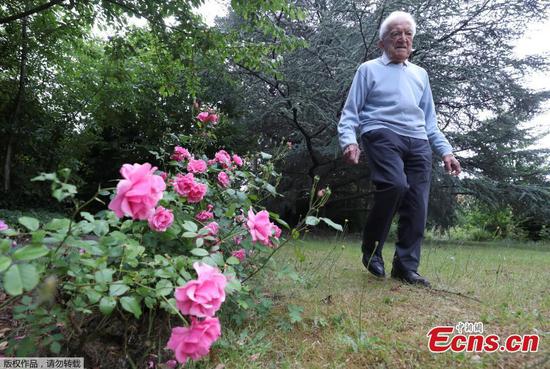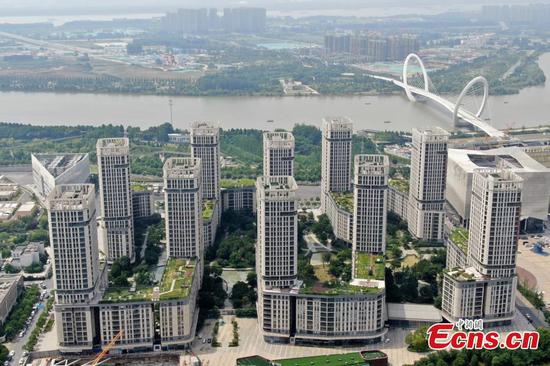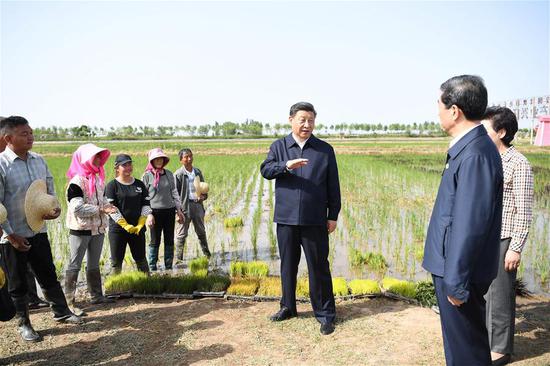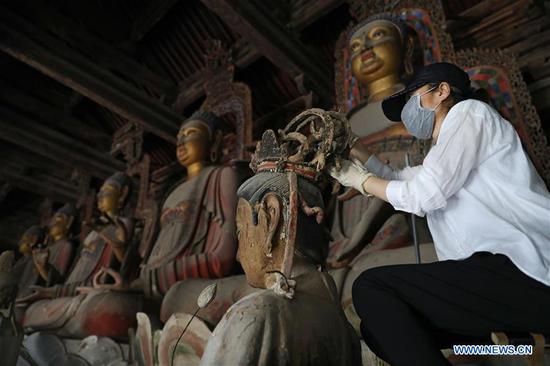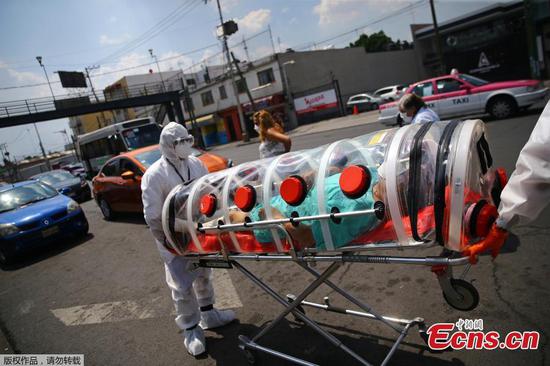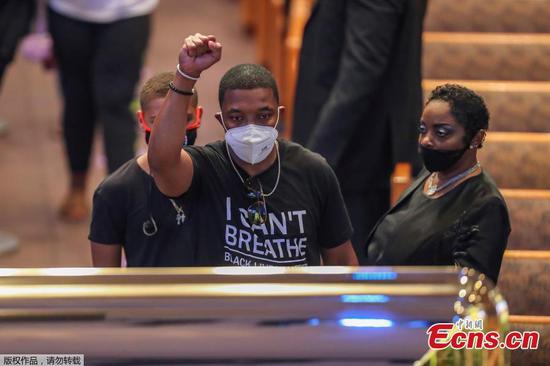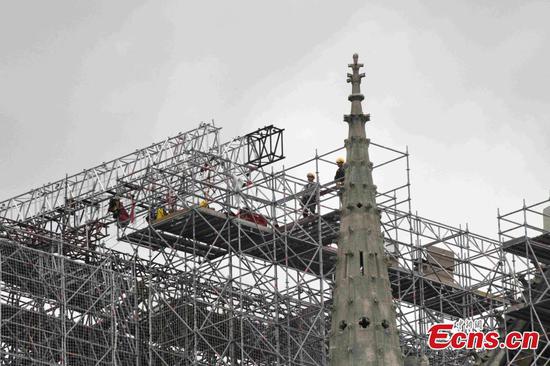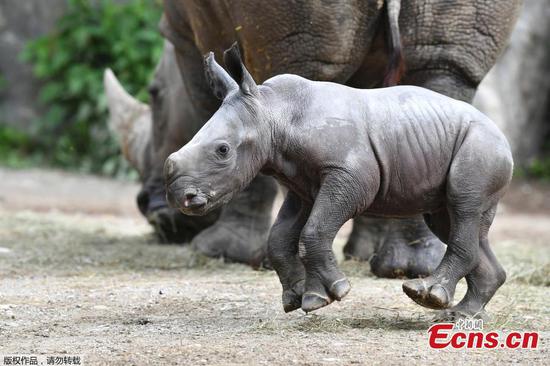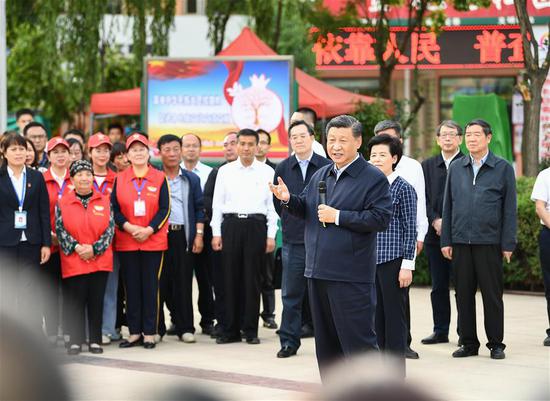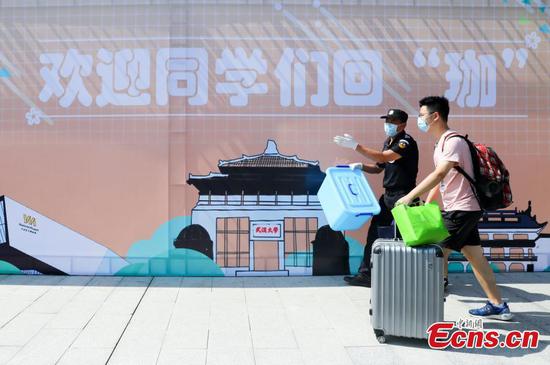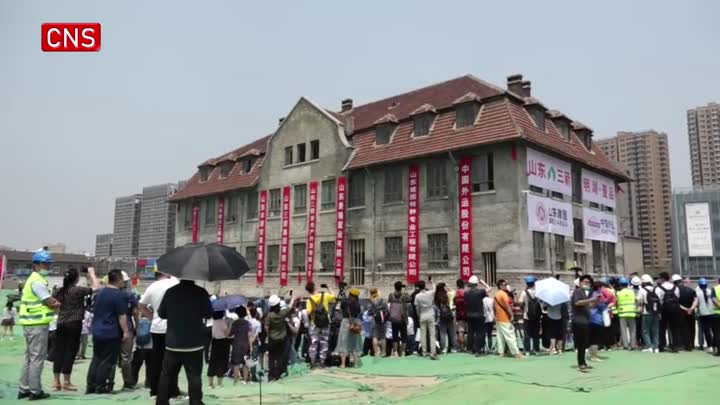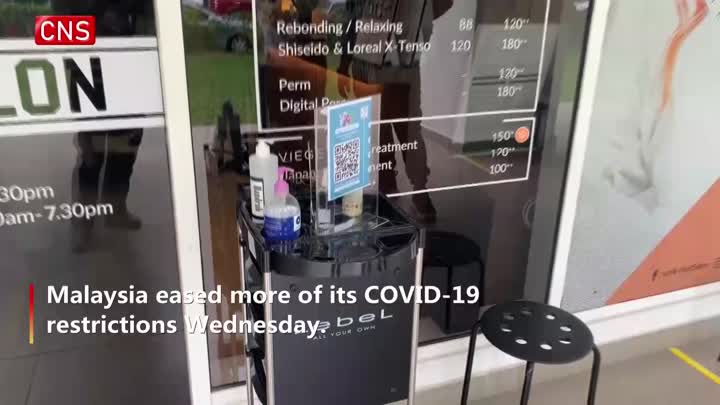The Tokyo metropolitan government on Monday confirmed 48 new cases of coronavirus infections in the capital as experts gear up for a possible resurgence of COVID-19 infections in the metropolitan area following a spike in cases the previous day, officials said Monday evening.
Of Monday's newly confirmed cases, the officials said 23 of them are related to a downtown entertainment area in Tokyo's Shinjuku district, with 20 of them associated with the same host club in the area testing positive for the virus.
The latest surge in coronavirus cases follows 40 positive results confirmed a day earlier, marking the second day in a row cases have surpassed 40.
The spike in cases also follows the Tokyo metropolitan government on Friday allowing the majority of restrictions imposed on businesses in the capital to be eased with the lifting of its "Tokyo alert" that was issued on June 2 due to a sharp rise in the number of new COVID-19 cases detected in the capital.
With the lifting of the latest restrictions, restaurants and pubs were allowed to stay open for longer, and karaoke boxes, game centers and pachinko parlors were allowed to reopen for the first time since the virus-induced restrictions were imposed.
The government plans to lift more restrictions on social and economic activities this Friday, including those previously asking people to refrain from crossing prefectural borders.
A meeting of experts convened Monday, however, is now looking into new ways of preventing the further spread of the pneumonia-causing virus, including the possibility of focusing on specific areas where clusters have been recorded, rather than entire prefectures, sources close to the matter said Monday.
The experts will decide by the end of this month what kind of new criteria the Tokyo metropolitan government needs to use in the event it issues another emergency alert for the capital, they added.
For the time being, however, Japan's minister for economic revitalization, Yasutoshi Nishimura, said Monday that no changes would be made at this juncture, despite the sudden spike in infections.
"We don't intend to make any changes to our plan at this point. We will continue to closely monitor the situation every day taking expert views into account," Nishimura said.









